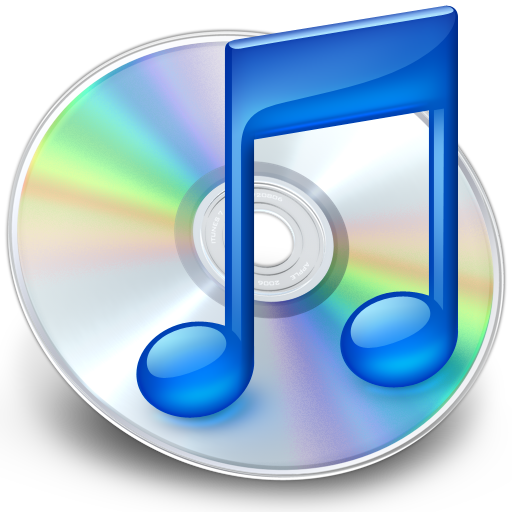One of the great things about having a smart phone is that you can listen to your favourite audio (music, podcasts, audio books) wherever you are. I mostly use my phone's music player app while taking road trips with my car. Since I have Windows computers and Android devices, this article will be focused on these systems.
Every computer from Windows 98 up had a music folder ("My Music" and later "Music"). Before Vista, the music folder was contained within the "My Documents" folder. When music is "ripped" from audio CDs, each song track is placed in the music folder by default. It would often be organized first by artist and then by album. Music could also be obtained from other sources and it is up to you to determine how best to organize them on your personal computer (PC).

A popular way of obtaining audio and video files is through Apple iTunes. Besides accessing the iTunes store, iTunes is also a music manager for your music library. You can use it to rip CDs, edit song information, play music, and synchronize (sync) it with your Apple mobile device (iPod, iPhone, iPad, etc). By default, iTunes rips music into Apple's AAC audio format but MP3 format may be selected as well. Depending upon the MP3 player, AAC format may or may not be supported so stick to MP3 format for non-Apple devices unless you have a good reason for not doing so. See Audio file format.
Although iTunes is not useful to me because of its inability to sync my PC music library with my Android phone, many podcasts are only available through iTunes so I have an iTunes account for this one reason.
There are a variety of PC audio player software (music managers) available and I use MusicBee. It doesn't matter how you organize your music on your computer, your music manager should be able to locate and manage them. Within my Music folder, iTunes and MusicBee create their own folder structures for organizing the files they download or use. My PC has the following Music subfolders:
- Audio Books
- iTunes (created by iTunes)
- Music
- MusicBee (created by MusicBee)
- My Albums (holdover from Windows)
- My Playlists (holdover from Windows)
- Podcasts
Within the Music subfolder (ie, \Music\Music\), I organize my music by artist and, within the artist folder, by album). Within the Music subfolder, I also have folders for online sources (eg, YouTube).
